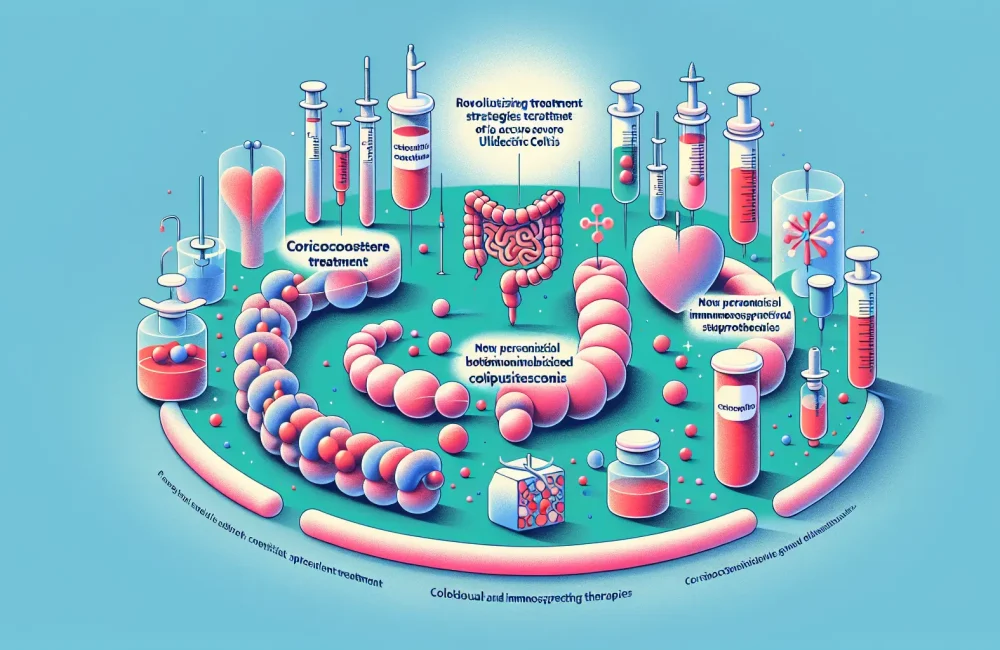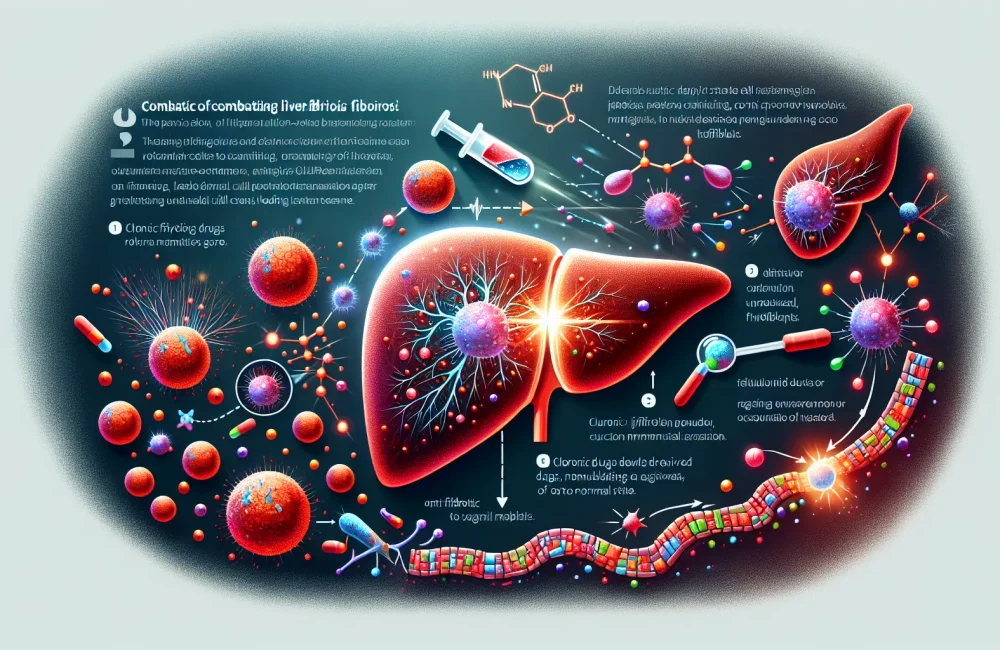By CAFMI AI From Gut
Diagnostic Complexity in Abdominal Pain with Eosinophilia
Abdominal pain presents frequently in primary care and can have a wide variety of causes. This article reviews a particularly challenging case where abdominal pain was associated with elevated eosinophil counts and fasciitis, a rare inflammatory condition affecting the connective tissue beneath the skin known as fascia. The intersection of these symptoms can complicate diagnosis because eosinophilia often points to allergic or parasitic causes, while fasciitis may suggest autoimmune or infectious etiologies. Primary care physicians need to recognize this possibility when standard investigations fail to identify common causes. Laboratory findings showing persistent eosinophilia combined with imaging confirming fascia inflammation should prompt consideration of eosinophilic fasciitis.
Clinical Implications and Management Strategies
This case highlights the necessity of a multidisciplinary approach to diagnosis and treatment, involving primary care, rheumatology, and pathology specialists. Treatment typically involves immunosuppressive therapy, including corticosteroids, which can alleviate inflammation and improve symptoms. Early recognition and timely initiation of therapy are critical to prevent chronic fibrosis and functional impairment. The case underscores the importance for clinicians to consider eosinophilic fasciitis in differential diagnoses when encountering unusual pain presentations with eosinophilia. Additionally, monitoring treatment response and adjusting immunosuppressive regimens are important to optimize patient outcomes while minimizing side effects.
Broader Lessons for Primary Care Practice
For primary care physicians, this case reinforces the value of vigilance and comprehensive evaluation of abdominal pain cases that do not respond to standard treatments or fit typical patterns. Awareness of rare conditions like eosinophilic fasciitis can lead to earlier specialist referral, appropriate investigations, and prompt treatment, ultimately improving patient prognosis. This case demonstrates the critical role primary care providers play in the early identification of complex inflammatory disorders, supporting interdisciplinary collaboration and patient education to enhance overall care quality. Understanding these atypical presentations broadens the clinical perspective needed for effective patient management.
Read The Original Publication Here






